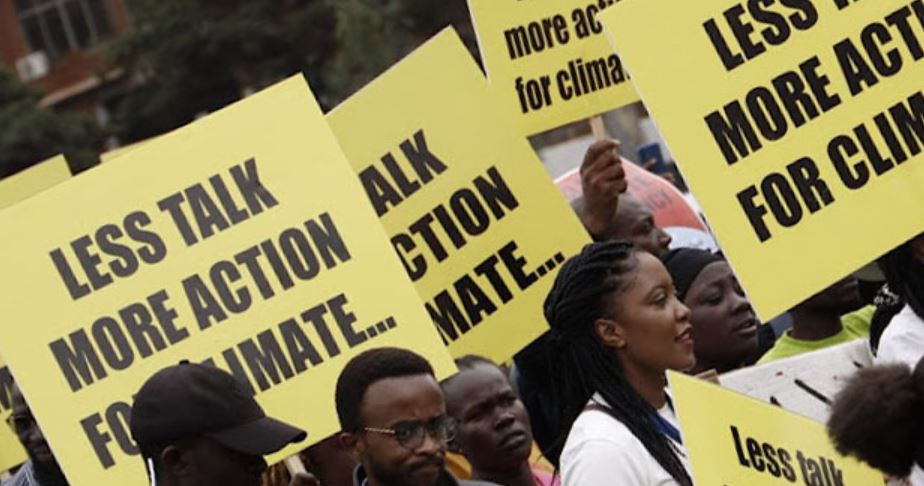The Africa Climate Summit has been accused of lacking legitimacy and showing no indication of addressing the real and worsening climate crisis.
On Monday, in Kenya’s capital Nairobi, more than 300 activists took to the streets to protest against the summit being held at the Kenyatta International Convention Centre (4-9 September).
The protesters waved placards reading “less talk more action,” the activists said the summit was spending millions of dollars and was unlikely to come up with solutions to real problems on the ground.
“We are not begging, we are demanding that those responsible for climate change should adequately finance mitigation measures,” said Mildred Nduta, who represented Kenya Peasants League.
President William Ruto officially opened the Ministerial Conference at the Summit ahead of the official opening of the main summit on Tuesday.
During this summit, African leaders are being called upon to make ambitious pledges and commitments, towards the adoption of a “Pledging and Commitment Framework.”
Meanwhile, alongside the summit, Africa Climate Week (ACW) (4-6 September) is taking place, it is an annual event that brings together leaders from governments, businesses, international organizations and civil society to explore ways to reduce greenhouse gas emissions while adapting to the mounting fallout from the climate crisis.
ACW 2023 will be organized into four systems-based tracks, each focusing on specific themes:
- Energy systems and industry
Cities, urban and rural settlements, infrastructure and transport
Land, ocean, food and water
Societies, health, livelihoods, and economies
ACW 2023 is organized by the United Nations Framework Convention on Climate Change (UNFCCC), United Nations Development Programme (UNDP), United Nations Environment Programme (UNEP) and the World Bank, with the support of regional partners: African Union (AU), United Nations Economic Commission for Africa (ECA) and the African Development Bank (AfDB).




















